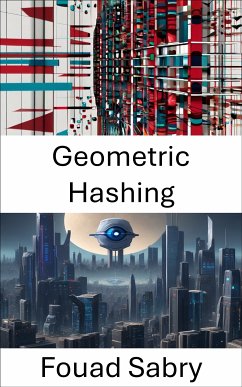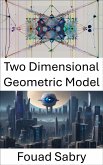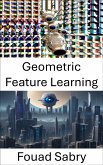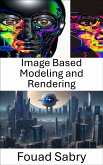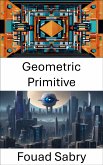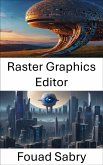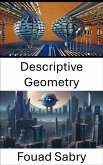What is Geometric Hashing
In computer science, geometric hashing is a method for efficiently finding two-dimensional objects represented by discrete points that have undergone an affine transformation, though extensions exist to other object representations and transformations. In an off-line step, the objects are encoded by treating each pair of points as a geometric basis. The remaining points can be represented in an invariant fashion with respect to this basis using two parameters. For each point, its quantized transformed coordinates are stored in the hash table as a key, and indices of the basis points as a value. Then a new pair of basis points is selected, and the process is repeated. In the on-line (recognition) step, randomly selected pairs of data points are considered as candidate bases. For each candidate basis, the remaining data points are encoded according to the basis and possible correspondences from the object are found in the previously constructed table. The candidate basis is accepted if a sufficiently large number of the data points index a consistent object basis.
How you will benefit
(I) Insights, and validations about the following topics:
Chapter 1: Geometric hashing
Chapter 2: Analytic geometry
Chapter 3: Cartesian coordinate system
Chapter 4: 2D computer graphics
Chapter 5: Coordinate system
Chapter 6: Translation (geometry)
Chapter 7: Hough transform
Chapter 8: Scale-invariant feature transform
Chapter 9: Homography
Chapter 10: Geometric feature learning
(II) Answering the public top questions about geometric hashing.
(III) Real world examples for the usage of geometric hashing in many fields.
Who this book is for
Professionals, undergraduate and graduate students, enthusiasts, hobbyists, and those who want to go beyond basic knowledge or information for any kind of Geometric Hashing.
In computer science, geometric hashing is a method for efficiently finding two-dimensional objects represented by discrete points that have undergone an affine transformation, though extensions exist to other object representations and transformations. In an off-line step, the objects are encoded by treating each pair of points as a geometric basis. The remaining points can be represented in an invariant fashion with respect to this basis using two parameters. For each point, its quantized transformed coordinates are stored in the hash table as a key, and indices of the basis points as a value. Then a new pair of basis points is selected, and the process is repeated. In the on-line (recognition) step, randomly selected pairs of data points are considered as candidate bases. For each candidate basis, the remaining data points are encoded according to the basis and possible correspondences from the object are found in the previously constructed table. The candidate basis is accepted if a sufficiently large number of the data points index a consistent object basis.
How you will benefit
(I) Insights, and validations about the following topics:
Chapter 1: Geometric hashing
Chapter 2: Analytic geometry
Chapter 3: Cartesian coordinate system
Chapter 4: 2D computer graphics
Chapter 5: Coordinate system
Chapter 6: Translation (geometry)
Chapter 7: Hough transform
Chapter 8: Scale-invariant feature transform
Chapter 9: Homography
Chapter 10: Geometric feature learning
(II) Answering the public top questions about geometric hashing.
(III) Real world examples for the usage of geometric hashing in many fields.
Who this book is for
Professionals, undergraduate and graduate students, enthusiasts, hobbyists, and those who want to go beyond basic knowledge or information for any kind of Geometric Hashing.
Dieser Download kann aus rechtlichen Gründen nur mit Rechnungsadresse in A, B, BG, CY, CZ, D, DK, EW, E, FIN, F, GR, H, IRL, I, LT, L, LR, M, NL, PL, P, R, S, SLO, SK ausgeliefert werden.

